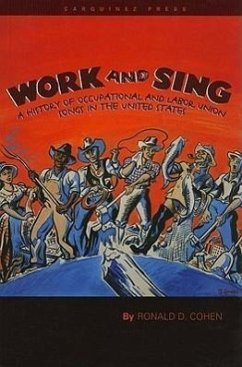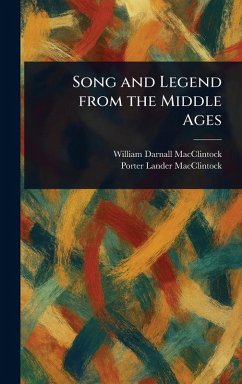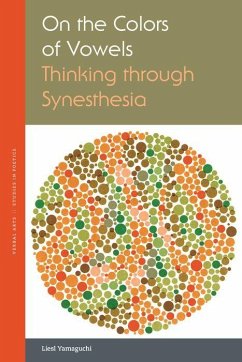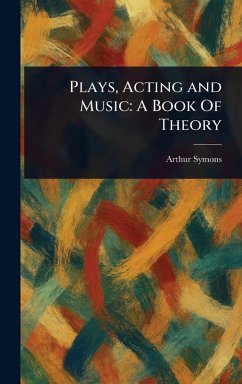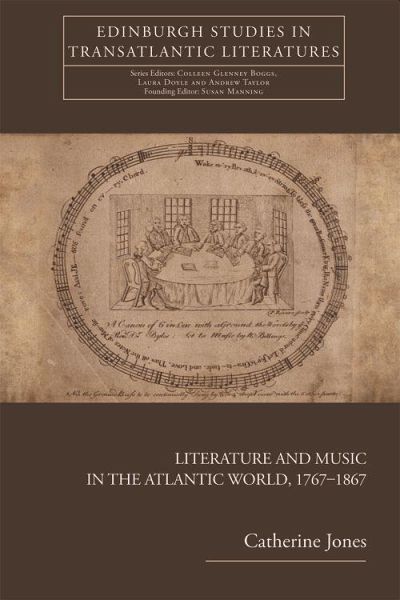
Literature and Music in the Atlantic World, 1767-1867

PAYBACK Punkte
62 °P sammeln!
'This is an assured example of transatlantic American studies at its best. Catherine Jones moves with verve and grace between discussions of a wide range of musical genres, the literary, scientific and political discourses of the time and recent scholarship, constructing an original and engaging narrative. The book will be an invaluable aid to anyone interested in the profound role of music in the shaping of American ideologies during the eighteenth and nineteenth centuries.' Christopher Gair, University of Glasgow, Editor, Symbiosis: a Journal of Transatlantic Literary and Cultural Relations ...
'This is an assured example of transatlantic American studies at its best. Catherine Jones moves with verve and grace between discussions of a wide range of musical genres, the literary, scientific and political discourses of the time and recent scholarship, constructing an original and engaging narrative. The book will be an invaluable aid to anyone interested in the profound role of music in the shaping of American ideologies during the eighteenth and nineteenth centuries.' Christopher Gair, University of Glasgow, Editor, Symbiosis: a Journal of Transatlantic Literary and Cultural Relations 'Impressive and inviting in equal measure, this major new study of the relationship between rhetoric and music in transatlantic cultures will transform the field. Catherine Jones illuminates the ways in which artistic forms talk to and through each other across a hundred years of cultural consolidation and contestation.' Fiona Robertson, St Mary's University Explores the interaction of literature and music in the Atlantic world in the age of Enlightenment and Romanticism Catherine Jones begins by examining the attitudes to music and its performance of leading figures of the American Enlightenment and Revolution, notably Benjamin Franklin and Thomas Jefferson, and the attempts of Francis Hopkinson and others to harness the Orphean power of music so that it should become a progressive force in the creation of a new society. She argues that the association of rhetoric and music that reaches back to classical antiquity acquired new relevance and underwent new theorisation and practical application in the American Enlightenment in light of revolutionary Atlantic conditions. Jones goes on to consider changes in the relationship of rhetoric and music in the nationalising milieu of the nineteenth century; the connections of literature, music and music theory to changing models of subjectivity; and Romantic appropriations of Enlightenment visions of the public ethical function of music. Catherine Jones is Senior Lecturer in English at the University of Aberdeen.





